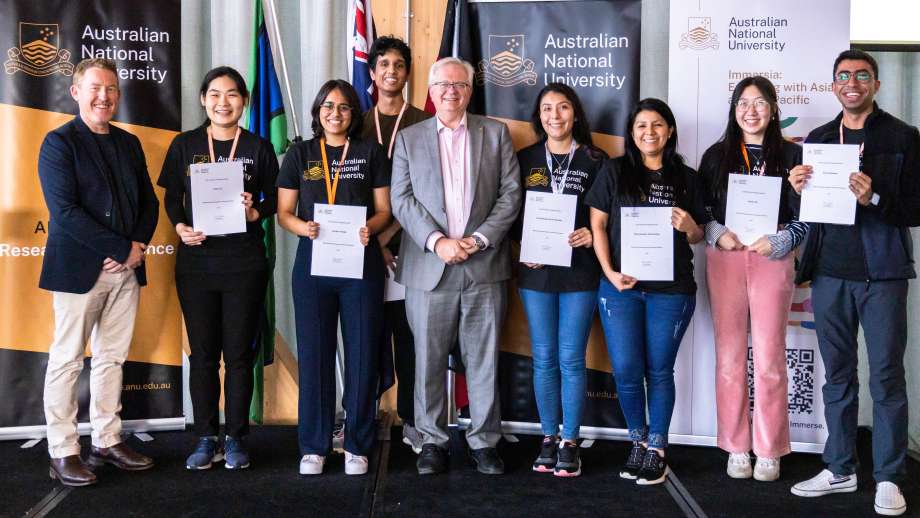HMI DAIS 18 - Fairness without Regret
Presented by ANU College of Arts & Social Sciences
,Presented by ANU College of Engineering, Computing and Cybernetics
HMI's Data, AI and Society seminar series aims to provide a platform for new research on understanding and designing democratically legitimate sociotechnical AI systems. The seminar is all-remote, all the time. The timezone shifts (within AEST working hours) to accommodate speakers from around the world. HMI project members and invitees provide a live audience, while streams are also available to the public, and registrants are invited to an open Slack group where they can discuss the paper. Join us for Marcus' upcoming talk:
Marcus Hutter (DeepMind): Fairness without Regret
Marcus Hutter of DeepMind, will give the next HMI DAIS Seminar, 11am 21 April 2022.
Bio: Marcus Hutter is Senior Researcher at DeepMind and honorary Professor at the Australian National University. He received his PhD and BSc in physics from the LMU in Munich and a Habilitation, MSc, and BSc in informatics from the TU Munich. Since 2000, his research at IDSIA and ANU has centered around the information-theoretic foundations of inductive reasoning and reinforcement learning, which has resulted in 200+ publications and several awards. His book "Universal Artificial Intelligence" (Springer, EATCS, 2005) develops the first sound and complete theory of AGI. He also runs the Human Knowledge Compression Contest (500'000€ H-prize).
Seminar Title: Fairness without Regret
Abstract: A popular approach of achieving fairness in optimization problems is by constraining the solution space to "fair" solutions, which unfortunately typically reduces solution quality. In practice, the ultimate goal is often an aggregate of sub-goals without a unique or best way of combining them or which is otherwise only partially known. I turn this problem into a feature and suggest to use a parametrized objective and vary the parameters within reasonable ranges to get a *set* of optimal solutions, which can then be optimized using secondary criteria such as fairness without compromising the primary objective, i.e. without regret (societal cost).
Location
Speakers
- Professor Marcus Hutter
Contact
- Humanising Machine Intelligence



